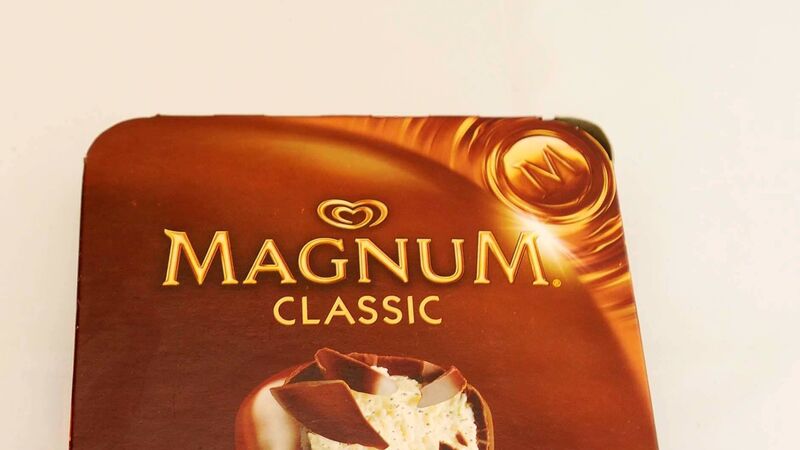Unilever tipped to ditch Magnum as it mulls sweeter GSK bid

Consumer foods giant Unilever may sell brands like Magnum as it eyes a healthier product focus.
Unilever plans to sharpen its focus on health and hygiene and sell off slow-growth brands as it weighs making a higher offer for GlaxoSmithKline’s consumer unit.
The consumer goods giant said it will announce a revamp of its structure later this month.












